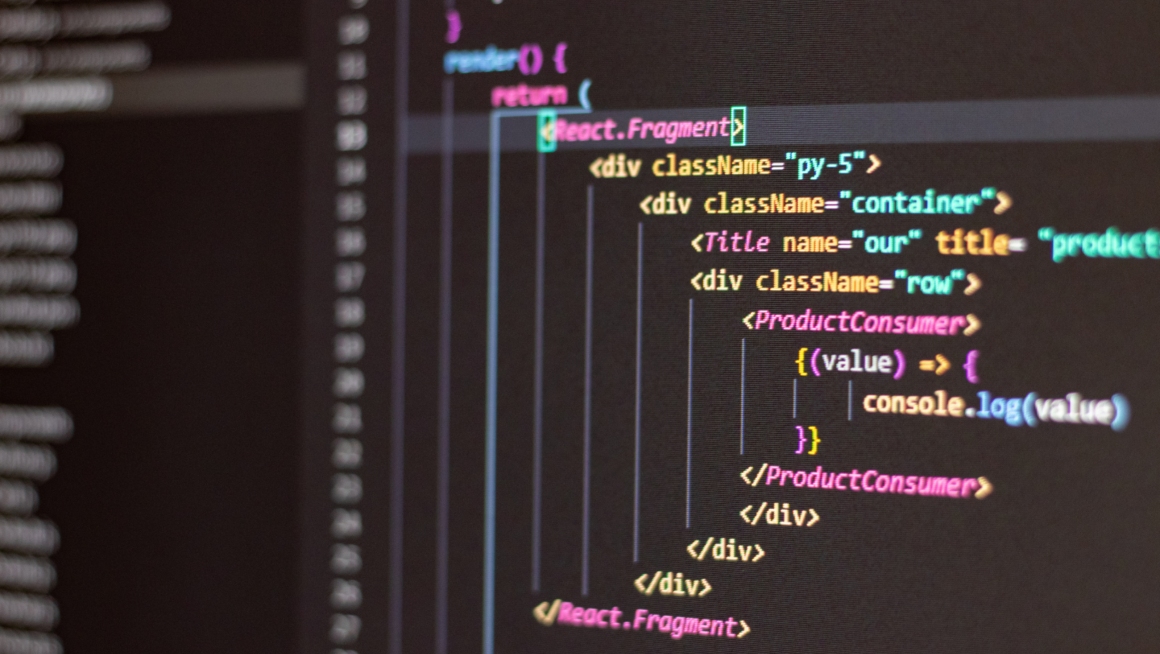
Diving into the world of Roblox scripting, one might come across intriguing concepts such as loadstring(game:httpget('https://raw.githubusercontent.com/sarasenpai/bloxfruist/main/sarahub'))(). This powerful line of code is more than just a jumble of letters and symbols. It’s a tool that can unlock new dimensions in your Roblox gaming and development experience, revealing the benefits of playing with advanced scripting techniques.
Here’s the revised text with “How to Analyze” inserted:
This article aims to unravel the mystery behind this line of code. It’ll provide a clear understanding of its function, its potential applications, and how to analyze how it’s shaping the landscape of Roblox scripting. Whether you’re a seasoned developer or a curious gamer, this exploration into the heart of Roblox code is sure to pique your interest.
Understanding Loadstring Function in Lua

This section breaks down the loadstring function’s intricacies, a powerful component of Lua programming. It deepens the exploration initiated in Roblox scripting and further elucidates how this single line of code, loadstring(game:httpget('https://raw.githubusercontent.com/sarasenpai/bloxfruist/main/sarahub'))(), operates.
Basics of Lua’s Loadstring
Loadstring serves as a fundamental function in Lua programming. It parses a string of code and returns the chunk’s prototype as a function. This feature allows Lua coders to create dynamic pieces of code that evolve based on specific inputs. For instance, loadstring('return ' .. '1 + 1')() returns the number 2. Thus, it aids in executing a string as if it were a standalone Lua code.
A typical loadstring code example could be a = loadstring("return 100"). Here, executing a() then yields the numeric value 100.
When to Use Loadstring
Loadstring usage surfaces primarily in two circumstances. First, for the simulation of the concept of dynamic code, executing strings as direct Lua code. Secondly, it’s advantageous when separating small portions of code for different functions in a larger system. Take, for instance, an RPG game on Roblox, where each character could carry a unique skill set. Loadstring then proves instrumental in assigning these attributes dynamically.
Be mindful of loadstring limitations: it should not be used for trivial computations. It’s more costly in terms of execution time than static code, and can increase code complexity. Its application shines in scenarios requiring real-time code adaptation based on specific input constraints.
Inspecting the Specific Loadstring Code

The analysis of the specific loadstring code consists of understanding its integral parts, namely the HTTPS call and the raw content from GitHub.
Analyzing the HTTPS Call
Part of the code game:httpget('https://raw.githubusercontent.com/sarasenpai/bloxfruist/main/sarahub'), represents a HTTPS get request. This HTTPS get request, distinctively known as httpget, fetches data. It does so by accessing a particular URL mentioned within its parentheses, adhering strictly to the HTTP protocol.
In this instance, the URL is https://raw.githubusercontent.com/sarasenpai/bloxfruist/main/sarahub.
The httpget function returns this URL’s content in the form of a string.
The Role of GitHub Raw Content in the Code
Crucially, the string returned by the httpget call connects to GitHub’s raw content. GitHub Raw serves unformatted data straight from GitHub repositories, typically text files or code. In this case, the repository sarasenpai/bloxfruist and the specific file sarahub, located under the branch main, play a key role.
The raw content from this GitHub file forms the code that loadstring(game:httpget('https://raw.githubusercontent.com/sarasenpai/bloxfruist/main/sarahub'))() executes. Essentially, the loadstring function parses the GitHub raw content string into a function, directly running it in the Roblox script. This methodology provides a method to execute external scripts housed on GitHub within a Roblox game.
Usage and Application of the Loadstring Code

Recognizing the potential benefits of the loadstring function in game customization and development, developers integrate the code into their work processes. SaraSenpai’s GitHub code, fetchable via loadstring, streamlines the incorporation of external scripts within the gaming platform Roblox.
The main exploit of the loadstring function revolves around dynamic code execution within games. For instance, in Bloxfruist, developers often call sensitive codes for game event triggers. More specifically, the loadstring allows the import of externally hosted scripts, enhancing gameplay features, such as rewards, character upgrades, and quest generations. Attuned to SaraSenai’s script on GitHub, developers can fetch and execute unique game customizations, primarily to create immersive gaming experiences.
Notably, remote customization of player controls becomes feasible through this function. However, it benefits not alone the developers but also the players. Given the write access, players can customize the in-game controls, visualize the game architecture, and significantly influence their gaming experience.












